Eating disorders are complex mental health conditions that require comprehensive treatment. An Eating Disorder Day Program, also known as a Partial Hospitalization Program (PHP), provides structured care for individuals who need more support than outpatient services but do not require inpatient hospitalization. Below is a quick overview of the essential treatment components found in these programs.
Quick Overview of Treatment Options in an Eating Disorder Day Program:
- Individual Therapy: One-on-one sessions to address the thoughts, emotions, and behaviors contributing to the eating disorder.
- Group Therapy: A supportive environment where individuals can connect, share experiences, and learn from each other.
- Nutritional Counseling: Meal planning and education from dietitians to promote healthy eating habits.
- Medical Monitoring: Regular health check-ups to manage physical symptoms and complications.
- Family Support: Therapy sessions involving family to foster a supportive home environment and aid in recovery.
Understanding Eating Disorders
Eating disorders are serious and often fatal illnesses that cause severe disturbances to a person’s eating behaviors. A preoccupation with food, body weight, and shape characterizes them. The most common types include Anorexia Nervosa, Bulimia Nervosa, and Binge Eating Disorder.
These disorders can affect anyone, regardless of age, sex, or cultural background. They often coexist with other conditions, such as depression, anxiety, and substance abuse. The exact cause is unknown, but they are believed to result from genetic, biological, environmental, and psychological factors.
What is an Eating Disorder Day Program?
An Eating Disorder Day Program, also known as a Partial Hospitalization Program (PHP), is a structured treatment program that provides intensive therapy while allowing patients to return home at the end of the day. It is designed for individuals who require more support than outpatient care but do not need the round-the-clock supervision of inpatient treatment.
This program typically operates for several hours, five days a week. It incorporates various therapeutic approaches, including individual therapy, group therapy, nutritional counseling, and medical monitoring. The goal is to help patients develop healthy eating habits, improve their self-esteem, and learn effective coping strategies.
Components of an Eating Disorder Day Program
Individual Therapy
Individual therapy is a core component of an Eating Disorder Day Program. It involves one-on-one sessions with a mental health professional, usually a psychologist or psychiatrist. The therapy focuses on identifying and challenging the thoughts and behaviors that contribute to the eating disorder.

Cognitive-behavioral therapy (CBT) is the most commonly used therapeutic approach. It helps patients understand the link between their thoughts, feelings, and behaviors and teaches them how to replace unhealthy behaviors with healthier ones.
Group Therapy
Group therapy provides a supportive environment where patients can share their experiences and learn from others facing similar challenges. It can help reduce feelings of isolation and promote a sense of community.
There are different types of group therapy, including psychoeducational groups, process groups, and support groups. Psychoeducational groups provide information about eating disorders and recovery, process groups focus on the emotions and experiences related to the eating disorder, and support groups offer a safe space for patients to share their struggles and successes.
Nutritional Counseling
Nutritional counseling is an essential part of treatment. A registered dietitian provides education about balanced eating and helps patients develop a personalized meal plan. The goal is to normalize eating patterns, correct nutritional deficiencies, and promote a healthy relationship with food.
The dietitian provides ongoing support and guidance as patients implement their meal plans and confront food-related fears. This can be particularly helpful for those who struggle with meal planning, grocery shopping, and cooking.
Medical Monitoring
Eating disorders can have serious physical health consequences, including heart problems, bone loss, and gastrointestinal issues. Therefore, regular medical monitoring is crucial. A healthcare provider will monitor vital signs, conduct physical examinations, and order laboratory tests as needed.
Medical monitoring ensures that any physical health issues are identified and addressed promptly. It also provides an opportunity for the healthcare provider to reinforce the importance of nutrition and physical health in recovery.
Benefits of an Eating Disorder Day Program
An Eating Disorder Day Program offers several benefits. It provides a structured environment that fosters consistency and routine, which is crucial for recovery. The intensive therapy helps patients gain insight into their eating disorder, develop healthier coping strategies, and improve their self-esteem.
Additionally, the program provides a supportive community of individuals who understand the challenges of recovery. This can help reduce feelings of isolation and provide motivation to continue the recovery process.
Conclusion
Eating disorders are serious illnesses that require comprehensive treatment. An Eating Disorder Day Program can provide the intensive therapy and support needed for recovery. It offers a balanced approach that addresses these disorders’ psychological, nutritional, and medical aspects.
If you or a loved one is struggling with an eating disorder, consider exploring the option of a day program. It could be the first step towards a healthier and happier life.
Embarking on the journey to recovery from an eating disorder is a courageous step, and ViaMar Health is here to support you every step of the way. Our bespoke treatment programs are tailored to meet your unique needs, ensuring you receive the individualized care necessary for a successful recovery. With a compassionate team of professionals and a commitment to evidence-based treatment, ViaMar Health is your partner in navigating the complexities of eating disorder recovery. Don’t hesitate to take the first step towards a healthier, happier life. Speak with an Admission Specialist today to start your recovery journey.




